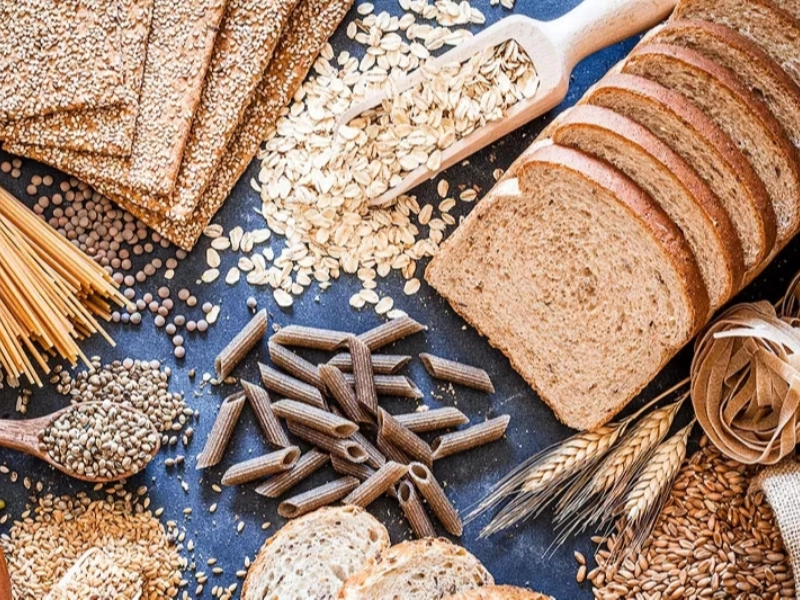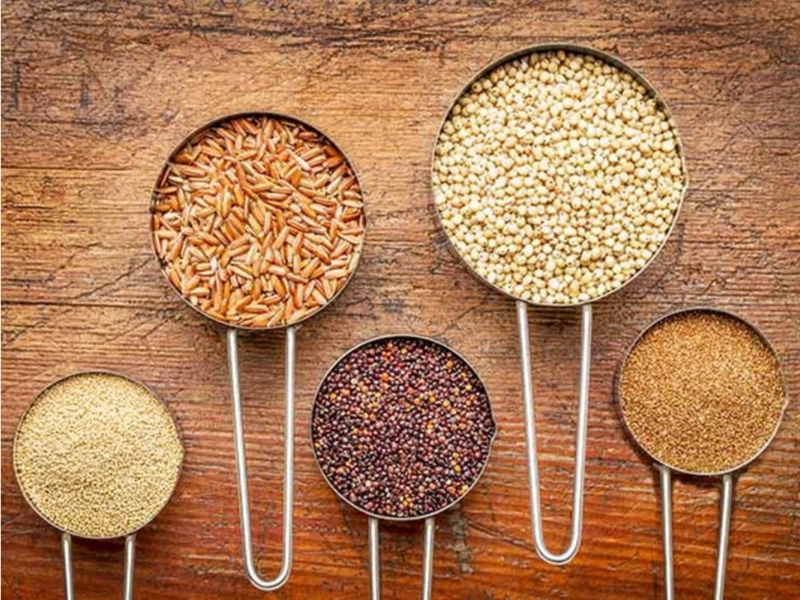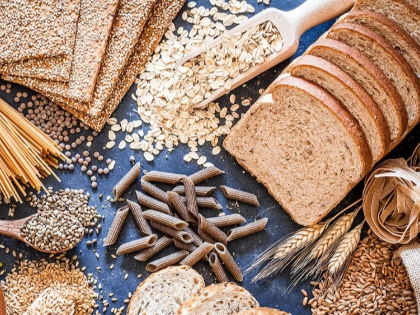How Grains Can Help in Reducing Inflammation
1. Gaining Knowledge About Inflammation
Acting as a defense mechanism, inflammation is a normal reaction of the body to damage or infection. Still, persistent inflammation can cause a variety of health issues, including autoimmune diseases, diabetes, and heart disease. Maintaining general health depends on the control of inflammation. This process is much influenced by diet; hence, whole grains have become a great friend in lowering inflammation and supporting wellness.
2. Whole Grains' Nutritional Profile
Rich in key minerals, vitamins, and fiber, whole grains include brown rice, quinoa, barley, and whole wheat. Whole grains preserve their bran, germ, and endosperm, which include health-promoting molecules unlike those of refined grains. While vitamins like B6 and E, together with minerals like magnesium and zinc, help lower inflammation, the great fiber content supports gut health and helps control digestion.

3. Fiber's Part in Inflammation
A main component of whole grains, dietary fiber greatly affects inflammation. For general health, a healthy gut microbiome—which fiber supports—is vital. A balanced gut microbiota can lower systemic inflammation and assist in controlling the immune system. Studies have linked a high-fiber diet to reduced levels of inflammatory markers in the body. Whole grains help you boost your fiber intake and support a better inflammatory response by being included in your meals.
4. Whole Grains' Antioxidant Content
Additionally high in antioxidants, whole grains aid in the body's combat against oxidative stress. Oxidative stress results from an imbalance between free radicals and antioxidants, causing inflammation and damage to cells. Whole grains' antioxidants, including phenolic acids and flavonoids, can help free radicals be neutralized and inflammation lowered. Eating a range of whole grains will increase your antioxidant consumption and support improved health.

5. Glycemic Index: An Effect
The glycemic index (GI) gauges food's rapid increase of blood sugar levels. Usually having a lower GI than refined grains, whole grains produce a slower and more gradual rise in blood sugar. Since elevated blood sugar levels can set off inflammatory reactions in the body, this helps control inflammation. Choosing whole grains instead of refined products will help to keep steady blood sugar levels and lower your risk of chronic inflammation.

6. Whole Grains and Heart Function
One major risk element for cardiovascular disorders is chronic inflammation. Because they contain anti-inflammatory qualities, whole grains have been connected to better heart health. Consuming whole grains regularly can help to lower LDL cholesterol, reduce blood pressure, and increase general heart function. One proactive way to help heart health and lower inflammation is to include whole grains in your diet.
7. Magnesium's Importance
Many whole grains contain magnesium, a mineral absolutely necessary for life, which also helps greatly lower inflammation. Higher magnesium consumption is linked, studies have found, to lower levels of inflammatory markers. Magnesium aids in the control of several body processes, including blood pressure, blood sugar levels, and muscle and neuron action. Whole grains high in magnesium will help you have better management of inflammation.
8. Simple Strategies for Including Whole Grains
Whole grains are easy and flexible foods for your diet. Replace white rice with brown rice or quinoa; substitute whole grain bread for white bread; and include oats in your morning meal. One nutrient-dense substitute for ordinary pasta is whole-grain pasta. Changing the grains in side dishes, soups, and salads will improve your food and offer anti-inflammatory effects.
9. Particular Whole Grains and Their Uses
Various whole grains have distinct advantages for your health. Oat's high beta-glucan content, for instance, is well-known for helping to lower inflammation and cholesterol. Brown rice is high in antioxidants; barley has molecules that might control blood sugar levels. Vegetarians and vegans would especially benefit from quinoa since it is a complete protein source. Maximizing the health advantages of whole grains depends on varying the kinds you eat.
10. Synopsis of Grain-Based Reducing Strategies for Inflammation
A great weapon in the battle against inflammation because of their rich nutritional profile are whole grains. Packed with fiber, antioxidants, and vital minerals, they boost digestive health, balance blood sugar levels, and have anti-inflammatory action. Frequent inclusion of a range of whole grains in your diet can lower the risk of chronic diseases linked with inflammation, therefore promoting better general health and well-being. Including whole grains as a mainstay in your meals can help you be proactive toward a better way of life.










